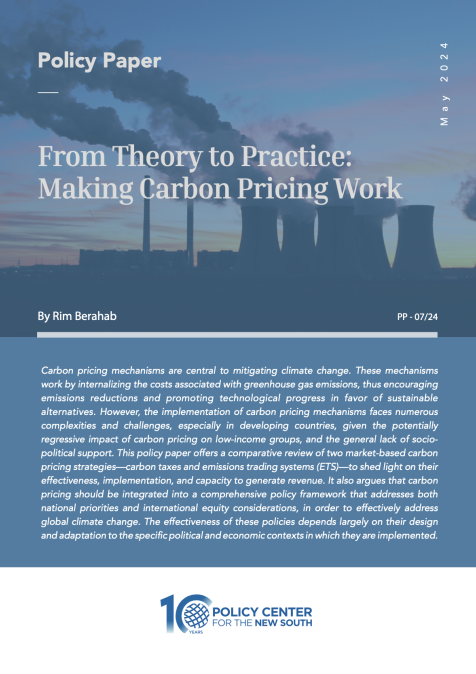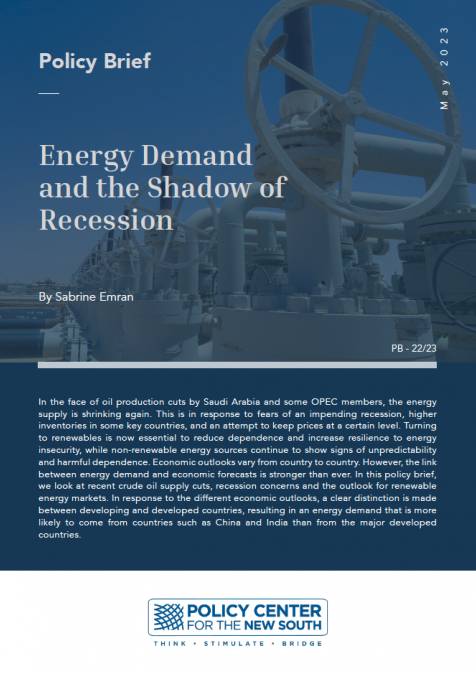Publications /
Policy Brief
S’il est commun de catégoriser les matières premières en fonction de leur réalité physique et de distinguer, en cela, produits agricoles, énergie et métaux, on se saurait oublier que ce sont les caractéristiques économiques qu’elles partagent qui justifient le regroupement de ces produits de base sous le terme commun de « commodities ». Une analyse en profondeur révèle toutefois la mise en œuvre, par les producteurs, de stratégies de différenciation par la qualité visant simultanément à se protéger de la concurrence par les prix et à favoriser la création de valeur. Ces stratégies justifient l’adoption d’un nouvel anglicisme de « décommoditisation » dont nous livrons une première analyse dans ce Policy Brief.












